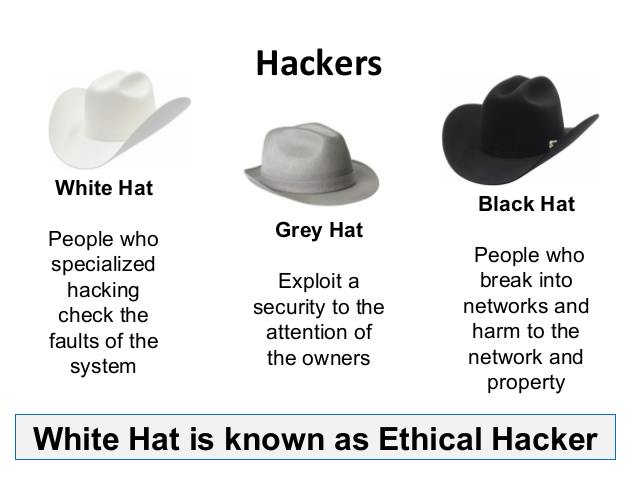Black and white and technology
 Thursday, November 30, 2017 at 05:46AM
Thursday, November 30, 2017 at 05:46AM

At a district leadership meeting yesterday, I was attempting to explain how our Internet filter uses categories to allow or disallow access to sites. I added "We as a district can add specific sites to our white list and black lists within the filter."
After the meeting, I was asked by another district administrator to reflect on how often the adjective "black" has a negative connotation (black list, blackball, blackmail, black magic etc.) while "white" is positive (white list, white magic, white lies, etc.) Her concern is that children growing up in a culture in which black is used to indicated something undesirable may see themselves that way as well.
I thought it was an interesting observation and one I think I've heard before (but cannot find or remember a source). My knee-jerk defense mechanism as an old white guy, of course, was to summon all the exceptions to the this rule - being in the black is a good thing and little black dresses are usually quite lovely. But in general, I had to admit that using black pejoratively should be something of which I should be conscious.
On the tech side, I thought of a couple examples: black hat hackers are the bad guys; white hats are good guys. (I am guessing this came out of cowboy movie stereotyping.) Blacklisting (blocking the bad); whitelisting (allowing the good).
On the chance that a child might feel denigrated by association with using black to describe something undesirable, I don't know that it much to ask to refer to the "black list" as the "blocked list" and the "white list" as the "allowed" list. Another step on the never ending journey toward cultural competence perhaps?
Interested in hearing the perspective of Blue Skunk readers on this.









Reader Comments (5)
As a (getting older every day) white dude, I also had not thought much about this. Language matters, and it's up to leaders to set the example for our organizations. Your timing is perfect; I am working on a student data security project for my district now, and "whitelist" is one of the terms I had planned to use. Not anymore!
I am a middle-aged Black woman. I am a school librarian in an urban elementary school. I am aware of the negative connotations of the word black and the positive connotations of the word white. I agree with the district administrator that students may be sensitive enough to absorb those messages (whether the messages are intended or not). I applaud you for being open to revising your language. Unfortunately, other educators may not be willing to revise their language. It is with heavy heart that I often advise minority students to be aware of the language's connotations and to fight to rise above the pejorative messages.
Thanks, Len and Flora.
I often think it is the small things, one person at a time, that have the most long-term impact on society.
Doug
I have just read this post and feel that we are all a little too sensitive about language. My grandfather was Italian and my father was second generation Italian and I hear the term MAFIA all the time referring to different groups (not ANY of them are of Italian descent) or in a denigrating fashion. "The Sopranos" celebrated gang culture and MAFIA was part of that culture. Neither my father nor my grandfather were part of the MAFIA and my father rose to executive leadership about being put down as being a WOP and DAGO most of his life. I go into a fight in high school over the use of those words and regretted it ever since. I rose above it. My father rose above it and I would expect that if someone is affected by words alone to rise above it and make optional designators that are readily accepted by everyone. Think of it - cannot call them Red Hats because of possible insult to Native Americans. Cannot call them Blue Hats because of people with depression. Cannot call them Rainbow Hats because of the LGBTQ community. Cannot call them "Hashed" Hats because of drug users. The list goes on and on. Yes, it gets a little ridiculous.
Hi Chris,
Thanks for your thoughtful comment. I agree that we seem to be overly sensitive when it comes to language with people almost looking for ways to be offended. While recognizing that, I do my best to try to honor people's feelings when it comes to names etc. (As I start hearing others call me "Sweetie" when being served at a restaurant or described as "spry" at the doctor's office, I kind of understand the irritation as an old guy.)
As a classroom teacher, I learned very early that most children are sensitive about their names and do not like to be teased about them, even in a joking manner. Must be a human characteristic.
Anyway, thanks again for your perspective. I always enjoy reasonable discussions!
Doug